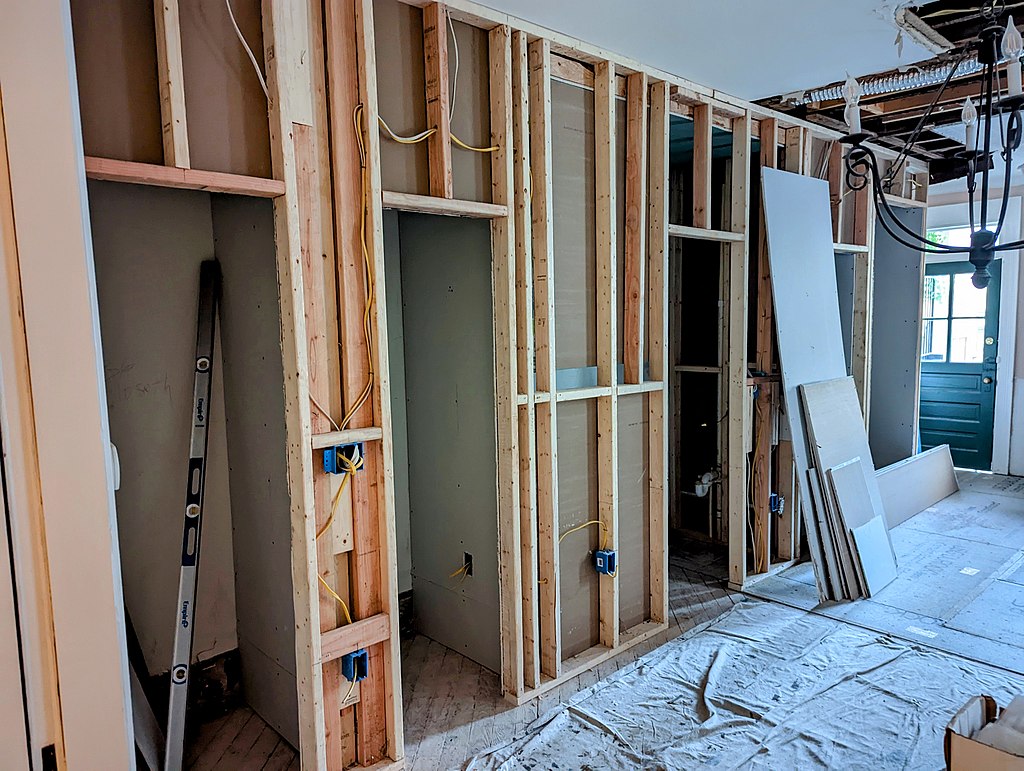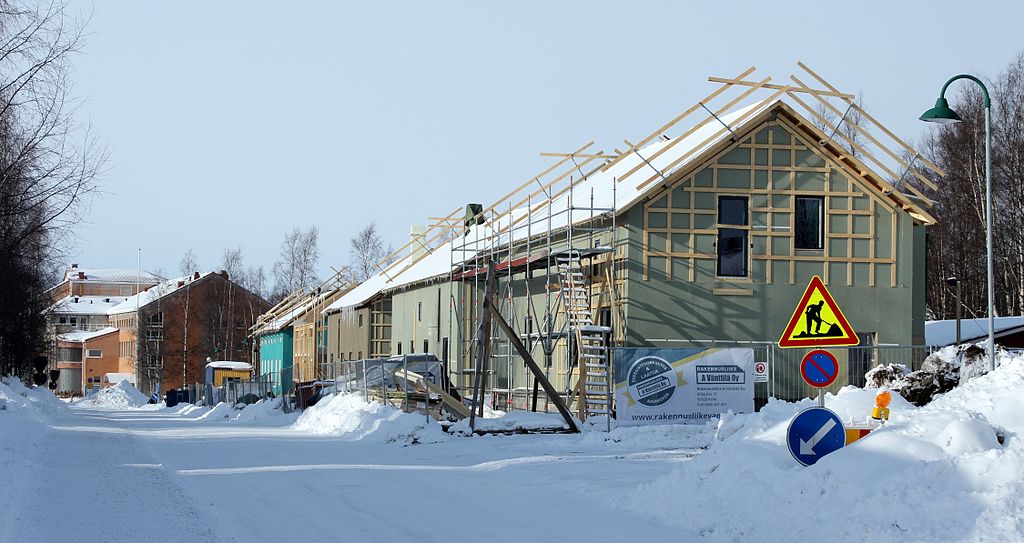All About Fasteners In Home Improvement Projects
Whether you consider yourself a DIY pro or you struggle with home improvement projects, you’ve undoubtedly run into fasteners. These pieces of hardware are used in all kinds of home improvement projects, and without them, almost everything in your home would fall apart.
What Is A Fastener?
Simply put, a fastener is anything that is used to fasten two or more things together. A bolt or screw can be considered a fastener, and fasteners can even be used to join together two pieces of metal hardware. Materials like glue and other adhesives are not considered mechanical fasteners despite creating similar bonds.
Why Is Choosing The Right Fastener Important?
When it comes to home improvement or construction projects, choosing the right fastener for the job can make all the difference. Creating a secure bond between two objects or pieces of material requires a connection that is not too tight or too loose. Your choice of fastener as well as your method of affixing your fasteners can determine whether your connections are strong, and by proxy, how long the connections will last.
For most home improvement projects, bolts and screws work just fine. These threaded fasteners are available in different lengths and gauges, and threading is used along each bolt or screw to help secure these fasteners into place. Nuts and washers may be used in conjunction with bolts and screws to help further secure connections and distribute pressure. Matching bolts and screws with nuts and washers of the appropriate size and shape can ensure that bonds remain tight for many years without worry.
Permanent And Temporary Fasteners
There are two main types of fasteners used in home improvement and construction projects – permanent fasteners and temporary or mobile fasteners. A permanent fastener is any fastener that is not designed to be removed or heavily altered. A rivet is an example of a permanent fastener as these types of bonds are usually meant to keep two objects together permanently.
Temporary or mobile fasteners may include things like screws and bolts. While these types of bonds may be meant for long-term connections, they can be removed fairly easily and reapplied as needed. As such, they are considered temporary in nature.
Checking Your Fasteners As A Part Of Preventative Maintenance
Even if you aren’t installing a new lighting fixture or repairing a piece of drywall, engaging in home maintenance is an important part of being a homeowner. As part of your maintenance checklist, you should consider checking important fastener connections to ensure they are secure and appropriately tightened.
Connections can become loose over time due to things like fluctuations in temperature, stress and movement as well as corrosion. To this latter point, you are encouraged to check your fasteners for corrosion often as well. This is especially important in areas of your home where things like screw and bolt heads are exposed to moisture.
Even if this moisture is simply in the air, such as in a bathroom, moisture can lead to corrosion over time. When alloys corrode, bonds can become weak or metals can even begin to fuse together, making it next to impossible to remove a temporary fastener in the future.
Replacing Fasteners During Home Improvement Projects
If you’re going to replace a fixture in your home or build new home additions, you’re encouraged to use new fasteners. While it can be tempting to hold onto old fasteners from previous fixtures and simply use them again, this can lead to trouble.
Older fasteners may have structural concerns, including rust and other corrosion, that may make them weak. Additionally, you may find that your old fasteners don’t match your new fixture or addition when it comes to size or shape. Trying to use a fastener that is too long or short or that is too narrow can mean that your bond will not be secure.
This can lead to structural integrity concerns in the future, so to ensure your safety and the safety of loved ones in your home, consider purchasing new fasteners whenever you replace a fixture or begin a new construction project. Many fixtures and project kits will include new fasteners designed especially for the job, and in this case, use these fasteners instead.


